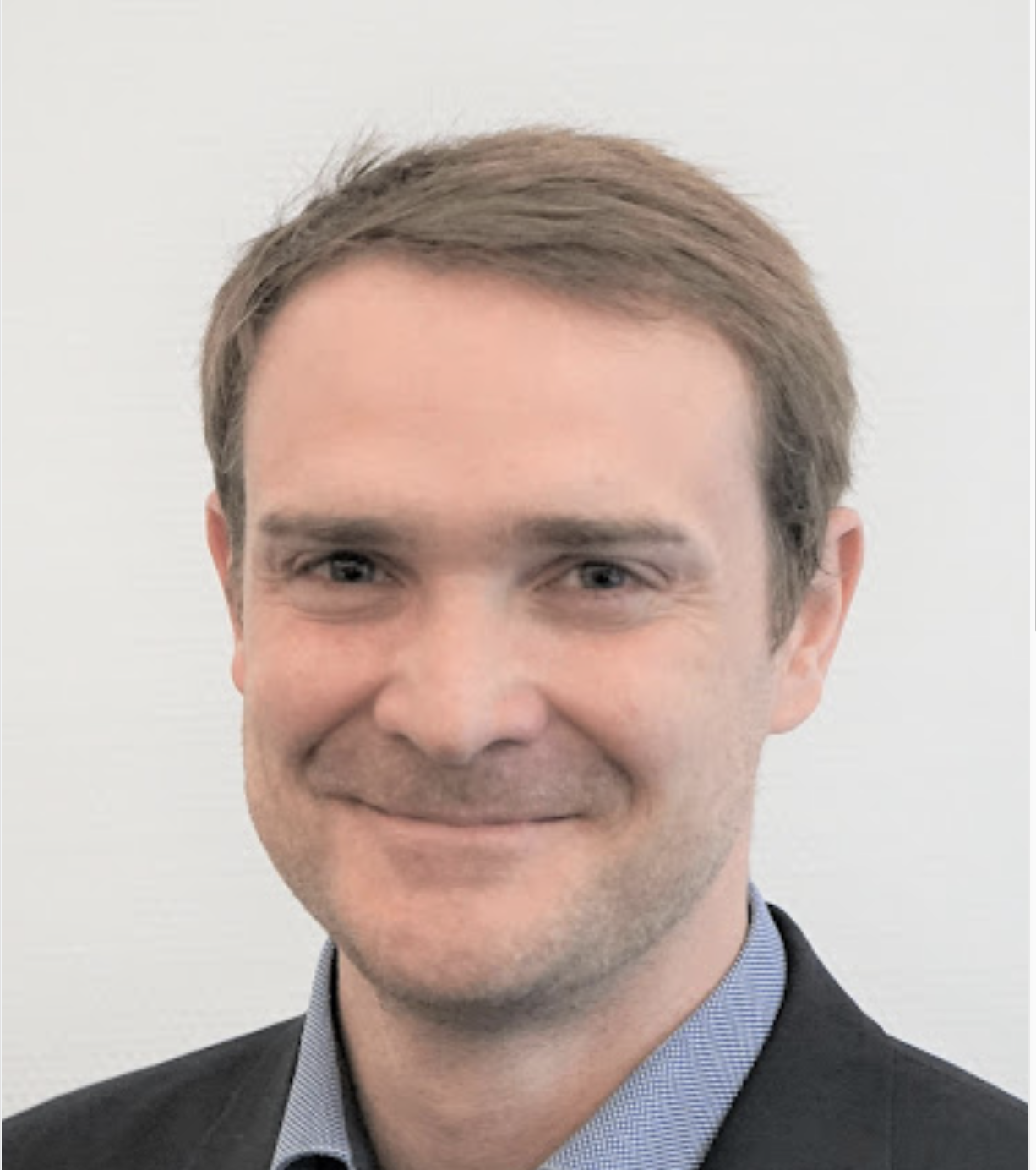Past Event: Oden Institute Seminar
Thomas Wick, Professor of Scientific Computing, Managing Director of the Institute of Applied Mathematics, Leibniz University Hannover
3:30 – 5PM
Tuesday Feb 20, 2024
POB 6.304 & Zoom
In this presentation, we discuss progress over the last years that we have made in scientific computing, numerical mathematics, and computational science for solving efficiently and robustly coupled problems. Under the terminology coupled problems, we understand nonstationary, nonlinear, coupled PDE systems and variational inequalities (CVIS). An example is phase-field fracture and multiphysics extensions thereof. A consequent viewpoint from a space-time perspective opens new ways for mathematical analysis, numerical algorithms and computational mechanics developments. Examples are space-time phase-field fracture optimal control problems as well as variational material modeling. We discretize space-time problems with Galerkin finite elements, namely discontinuous in time and continuous/discontinuous in space. We establish mathematical results and we utilize parallel high performance scientific computing. To date, our main space-time applications are fourfold. First, space-time goal-oriented error control and adaptivity in incompressible Navier-Stokes, fluid-structure interaction, and phase-field fracture. Second, space-time monolithic multirate schemes inter alia in porous media. Third, optimal control and parameter estimation. Fourth, space-time reduced order modeling with an incremental proper orthogonal decomposition (iPOD). The latter so far developed for linear PDEs, but possibly nonlinear goal functionals. Our theoretical advancements and/or numerical algorithms are mostly implemented in modern state-of-the-art software libraries such as FEniCS, ngsolve, or (mainly) deal.II in which sustainable, re-usable research software development principles are taken into account as well. Computational convergence analyses, mesh refinement studies, effectivity index evaluations, parallel scalability tests (when parallel solvers have been implemented), up to some validations with experimental data substantiate our developments. Ongoing work, ideas, and open questions will be addressed as well.
Thomas Wick is a University Professor for Scientific Computing and the Managing Director of the Institute of Applied Mathematics (IfAM) at the Leibniz Universität Hannover (LUH) in Germany. His research interests are design, implementation and analysis of numerical algorithms and space-time methods for nonstationary, nonlinear, coupled PDE systems and variational inequalities within the fields for computational fluid dynamics, solid mechanics, fluid-structure interaction, thermoporoelasticity, and crack propagation problems in elasticity and poroelasticity. He is specifically interested in nonlinear solvers, a posteriori error estimation, adaptive methods such as local mesh adaptivity with a particular emphasis on goal-oriented techniques using adjoints, and parallel high performance computing. These concepts are furthermore employed in numerical optimization for optimal control, optimal design and parameter estimation.
